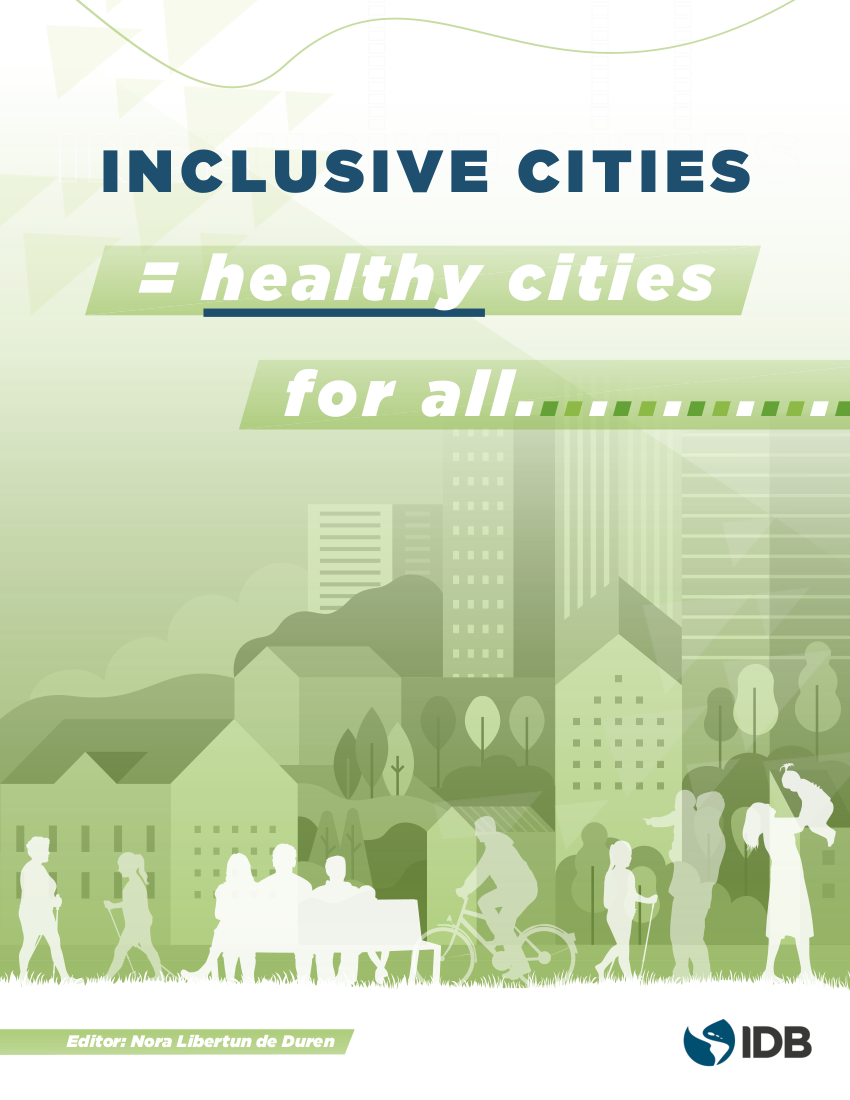Inclusive Cities: Healthy Cities for All
Date
Sep 2022
EDITOR
Libertun de Duren, Nora Ruth
This publication reports on some of the health challenges facing cities. It aims to serve as a guide for public managers and decision makers optimize the great potential of cities to improve the well-being of those who reside in the cities of Latin America and the Caribbean. It is organized in two parts. The first part, Health Inequalities in Latin American Cities, focuses on identifying the ways in which social inequality has led to negative health outcomes, in order to make visible the relevance of the challenge of inequality and the urgency to grapple with it. The second part, Urban Policies for Healthy Cities, focuses on how cities can contribute to improving the health standards in their population.
The publication addresses critical issues for urban health, such as the interdependence between physical-social factors and health, the relationship between urban characteristics and the incidence of COVID-19, the connections between social inequality and exposure to pollution environment, the relationship between urban planning and gender violence, the power of urban interventions -such as public transport and social housing- to improve health indicators, and the relevance of having good data to improve the accessibility of health systems. All the contributions in this book are based on data and rigorous research, and present real cases of the cities of the region.
The publication addresses critical issues for urban health, such as the interdependence between physical-social factors and health, the relationship between urban characteristics and the incidence of COVID-19, the connections between social inequality and exposure to pollution environment, the relationship between urban planning and gender violence, the power of urban interventions -such as public transport and social housing- to improve health indicators, and the relevance of having good data to improve the accessibility of health systems. All the contributions in this book are based on data and rigorous research, and present real cases of the cities of the region.




